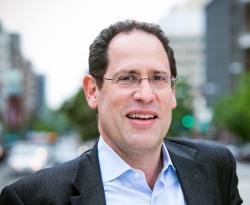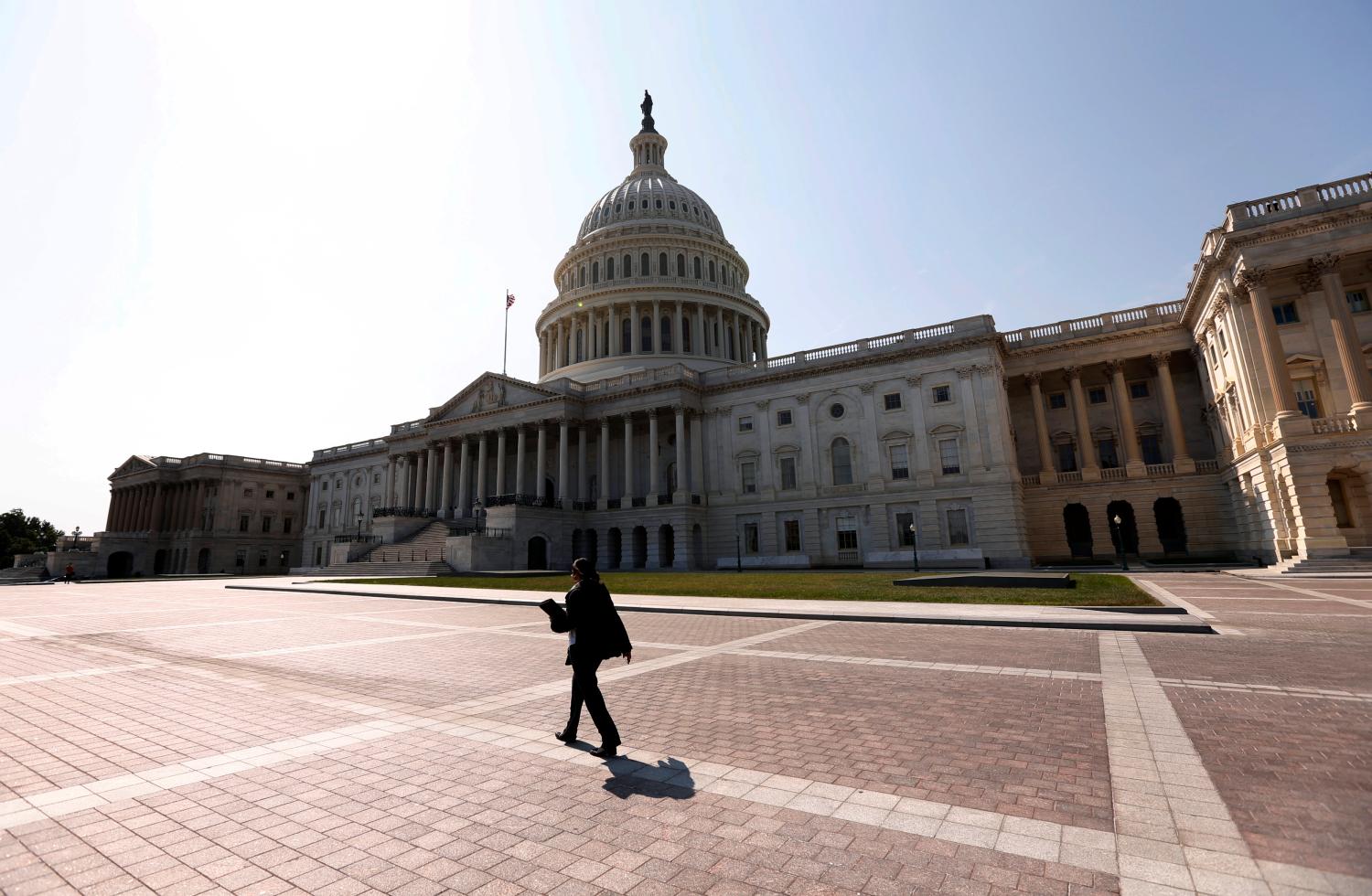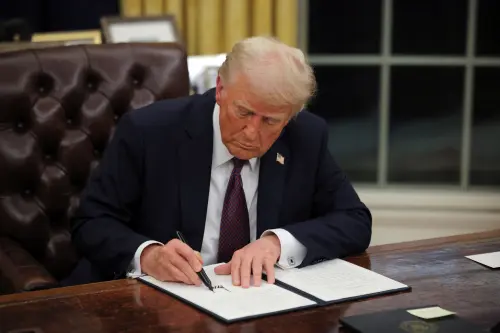With the 2012 election completed, Washington faces a daunting overhang of substantial economic, fiscal, and
governance problems. Steps toward reform will have to be taken. A housecleaning of major proportions must
commence even amid the politics of gridlock and deficits and at a moment of deep pessimism about federal
problem-solving on all fronts.
Where will the impetus for progress come from? In a different era, the federal government might have launched decisive
initiatives on its own to restructure the economy, address the budget, and renew governance. Today, however, gridlock in
Washington precludes such intervention.
And yet, there is hope in another quarter. As befits a federal republic, cities, metropolitan areas, and their states are stepping
up to develop new solutions and point the way to renewal. Increasingly, metropolitan areas and their states are acting like
the engines of prosperity and change they are and—through their own initiative—leading. Together with their states, metro
areas are stepping up as never before and pursuing game-changing initiatives to create jobs in the near term and restructure
their economies for the long haul.
Attuned to the localism of the economy, these centers of economic dynamism are working hard to develop a new growth
model focused on advancing innovation and advanced industries, providing crucial infrastructure, and improving education
and skills training.
In so doing they are suggesting a needed direction for Washington and for the agenda of the second Obama administration.
All of which suggests why President Obama should look beyond Washington as he shapes his governing agenda and adopt a
set of focused, astute initiatives that would at once lead the nation toward economic renewal while supporting regional and state empowerment.
To that end, the next administration and Congress should work to have the federal government do less, better through a
limited set of initiatives in which the federal government would:
- Cut to invest, meaning that it should—while moving to reduce the national debt—channel some of the savings
from cuts of unnecessary or counter-productive programs into strategic investments that will establish a
platform for metropolitan growth - Invest but reform, meaning that it should reform its activities to make them not only more efficient and
effective but more catalytic and encouraging of local and state problem-solving - Strengthen federalism, meaning that it should maximize the power of its dynamic partnership with the nation’s localities and states to solve problems
In terms of specifics, the new stance in Washington can be illustrated with a wide array of specific proposals that are
mentioned in this paper and advanced in greater detail in an accompanying series of policy briefs.
If states are the nation’s laboratories of democracy, metropolitan areas are its centers of innovation—Washington should
put itself in their service.
Download the paper » (PDF)
Download the press release » (PDF)
The Brookings Institution is committed to quality, independence, and impact.
We are supported by a diverse array of funders. In line with our values and policies, each Brookings publication represents the sole views of its author(s).





